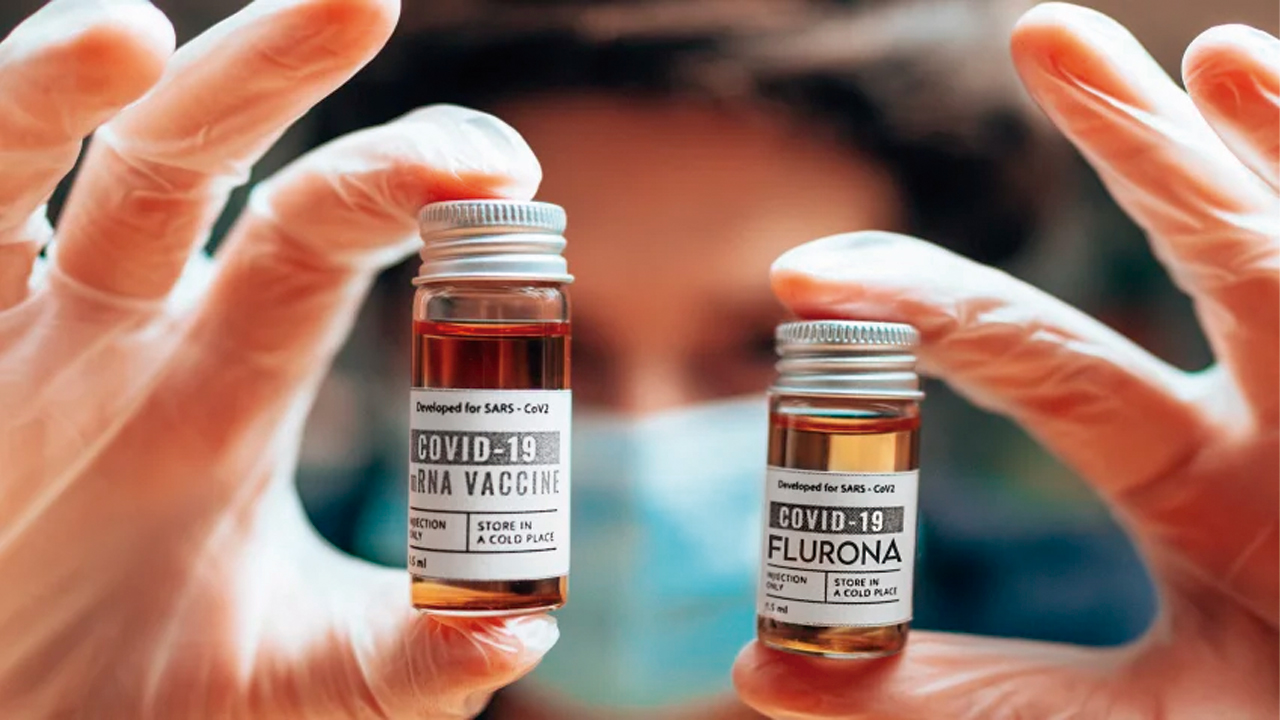Butter has always been a beloved staple in kitchens worldwide. Whether it’s slathered on a crispy slice of toast, melted into a rich curry, or used to create a flaky pastry, it’s hard to resist Its creamy goodness. But what if this indulgence is silently shortening your lifespan? A recent study has raised serious concerns about butter’s impact on health, revealing that its consumption could significantly increase the risk of early death.
A large-scale study, spanning over three decades, tracked the eating habits of more than 220,000 Americans. The research, conducted by Mass General Brigham and led by Yu Zhang, observed the long-term effects of butter consumption and compared it to plant-based oils. The findings were startling: people who regularly consumed butter had a 15% higher risk of early death compared to those who opted for healthier alternatives.
In contrast, individuals who incorporated plant-based oils into their diet saw a 17% decrease in mortality risk. This significant difference raises an important question are we unknowingly harming ourselves with every buttery bite?
Why Is Butter a Health Risk?
Butter is rich in saturated fats, which have long been associated with heart disease and other health complications. According to researchers, replacing saturated fats with unsaturated fats from plant-based sources provides notable health benefits, particularly in preventing cardiovascular issues.
The study analysed data from three major health surveys the Nurses Health Study, Nurses Health Study II, and the Health Professionals Follow-up Study. Participants were asked about their eating habits every four years, allowing researchers to track dietary patterns and their long-term effects on health.
Throughout the study, 51,000 deaths were recorded, with approximately 12,200 attributed to cancer and 11,200 to heart disease. After adjusting for lifestyle factors such as smoking, alcohol consumption, physical activity, and overall diet quality, a clear pattern emerged: butter consumption was consistently linked to an increased risk of premature death, while plant-based oils appeared to have a protective effect.
For years, health experts have debated whether butter is truly harmful or if it has been unfairly vilified. Some previous studies have suggested that butter, when consumed in moderation, may not be as harmful as once thought. However, this latest research strongly supports the argument that butter should be replaced with healthier alternatives.
Plant-based oils, such as olive oil, flaxseed oil, and avocado oil, contain unsaturated fats that help reduce bad cholesterol and improve heart health. Unlike butter, which is packed with saturated fats that clog arteries, these oils provide essential fatty acids that support overall well-being.
How Does Butter Affect Your Heart?
One of the most concerning aspects of butter consumption is its link to heart disease. Saturated fats contribute to the buildup of plaque in the arteries, increasing the risk of strokes and heart attacks. Over time, this can lead to serious cardiovascular issues, reducing both lifespan and quality of life.
On the other hand, plant-based oils have been shown to improve cholesterol levels, reduce inflammation, and lower the risk of developing chronic diseases. The evidence is clear that choosing the right fats can make a substantial difference in long-term health outcomes.
Beyond heart disease, the study also highlighted a potential link between butter and cancer-related deaths. While the exact mechanisms are still being explored, researchers believe that high levels of saturated fats and trans fats in butter may contribute to cancer progression.
A diet rich In unhealthy fats has been associated with chronic inflammation, a key factor in cancer development. By switching to plant-based oils, individuals may be able to reduce their risk of developing life-threatening illnesses.
Should You Completely Eliminate Butter?
Before you swear off butter forever, it’s important to remember that moderation is key. While the study presents compelling evidence about the risks of excessive butter consumption, it does not suggest that an occasional indulgence will be life-threatening. The problem arises when butter becomes a regular part of the diet, replacing healthier fat sources.
If you love butter, consider using it sparingly and replacing it with healthier alternatives whenever possible. Small changes, such as drizzling olive oil on toast instead of butter or using avocado oil in cooking, can have a significant impact on long-term health.
If you’re looking to make a positive change without sacrificing flavor, here are some excellent substitutes for butter:
1. Olive Oil – Rich in monounsaturated fats, olive oil helps lower cholesterol and reduce inflammation.
2. Avocado Oil – Packed with heart-healthy fats, avocado oil is a great alternative for cooking and baking.
3. Coconut Oil – While still high in saturated fats, coconut oil contains medium-chain triglycerides (MCTs) that may offer some health benefits.
4. Nut Butters – Almond, cashew, and peanut butter provide healthy fats and a creamy texture.
5. Flaxseed Oil – A great source of omega-3 fatty acids, flaxseed oil supports heart and brain health.
While butter may be a guilty pleasure for many, its potential health risks cannot be ignored. This study serves as a wake-up call, urging us to reconsider our dietary choices and prioritize heart-friendly fats.
By making small but meaningful changes, such as incorporating more plant-based oils and reducing saturated fat intake, we can improve our health and potentially extend our lifespan. The choice is ours do we continue indulging in butter at the cost of our health, or do we embrace healthier alternatives for a better future?
In the end, the answer lies in balance. A diet rich in whole foods, healthy fats, and mindful choices is the key to a longer, healthier life. Butter may be delicious, but when it comes to longevity, it seems that plant-based oils are the true winners.

 The choice is ours do we continue indulging in butter at the cost of our health, or do we embrace healthier alternatives for a better future?
The choice is ours do we continue indulging in butter at the cost of our health, or do we embrace healthier alternatives for a better future?



















.jpeg)

.jpeg)
.jpeg)

.jpeg)


.jpeg)



.jpeg)
.jpeg)
.jpeg)


.jpg)


.jpeg)
.jpeg)